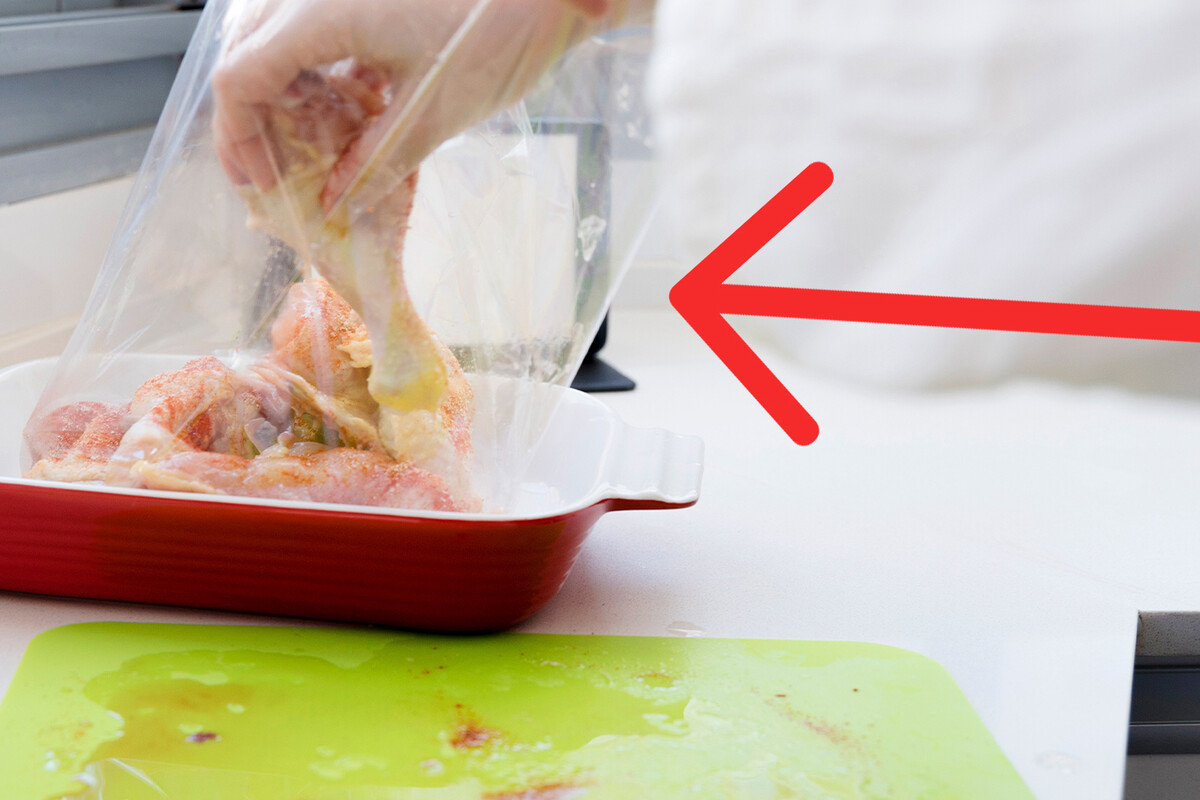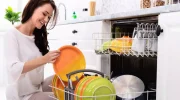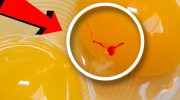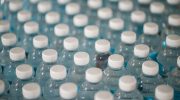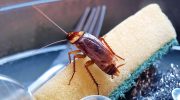When you go to the market, you come home and the first thing you do, or should do, is wash and disinfect the fruit and vegetables. This is because you remove any soil, leaves, pesticides or biological pathogens that they may be impregnated with; in other words, it serves to eliminate any bacteria or germs that could cause you health problems if you ingest them.
However, there is a food that does not follow this same logic, we see it on a daily basis and it is very common that you have seen it in the sink, before or after washing it: it is chicken. That’s right, that incredible food with which we can prepare chicken wings, breaded chicken breast, chicken broth, kebabs, tacos and even offal for our pets. But you must be careful when handling it, as under no circumstances should you wash it.
Why it is not a good idea to wash chicken before cooking it
According to the Universidad Nacional Autónoma de México (UNAM), Mexicans consume up to 35 kg of chicken per person per year, around 2 kg per month and just over half a kilo per week. So, as it is such a popular food in the country, we should at least know how to handle and consume it and take the necessary precautions.
So, it is not a good idea to wash chicken before cooking it. The reason, according to experts, is that when you wash or rinse it raw, you can spread Campylobacter bacteria by splashing water on your hands, clothes, surfaces, utensils and kitchen equipment. The main way this bacteria is transmitted is through cross-contamination of raw chicken with other foods and surfaces.
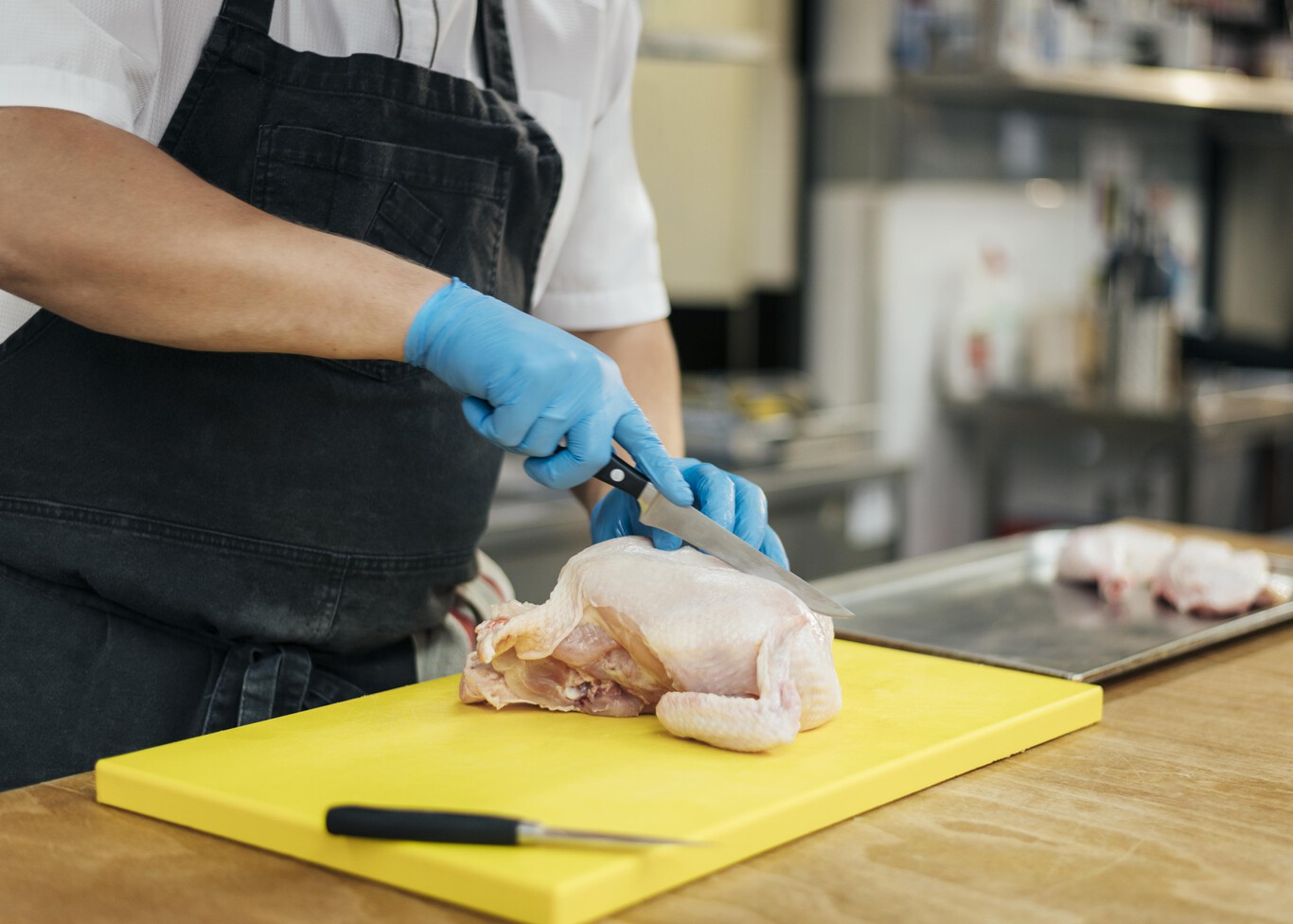
For those who are not familiar with Campylobacter, it is one of the four main causes of diarrhoeal disease worldwide and is considered to be the most frequent bacterial cause of gastroenteritis in the world, according to data from the World Health Organization (WHO). Although these infections are usually mild, there are specific groups where they are deadly, such as young children, the elderly and immunocompromised individuals.
Other bacteria that have been shown to be able to splash onto other foods or kitchen utensils are Salmonella and Clostridium perfringens, which both also affect the human digestive system. Finally, other specialists mention that when washing chicken, nutrients, proteins and vitamins are lost, since when it comes into contact with water, moisture can be lost from the protein, which can affect its texture and juiciness when cooked.
In short, when you decide to wash the chicken, the bacteria can splash onto utensils and surfaces in the kitchen, a phenomenon known as cross-contamination. It also infects other foods and loses nutrients. Combined, you have a dirty kitchen, food full of bacteria and less nutritious chicken.
How to handle chicken
The good news is that handling chicken isn’t that complicated either, and you could follow the advice given by the Center for Disease Control and Prevention (CDC) in the United States, which recommends:
- Keeping chicken in sealed containers, or wrapped, inside the refrigerator, so that the juices don’t drip onto other foods.
- If you are going to handle the chicken, wash your hands and after 20 seconds, grab it.
- Use a cutting board specifically for raw chicken.
- Wash kitchen utensils that have come into contact with raw chicken with plenty of soap before using them for other tasks.
- When cooking chicken, the minimum temperature must be 73 °C.

